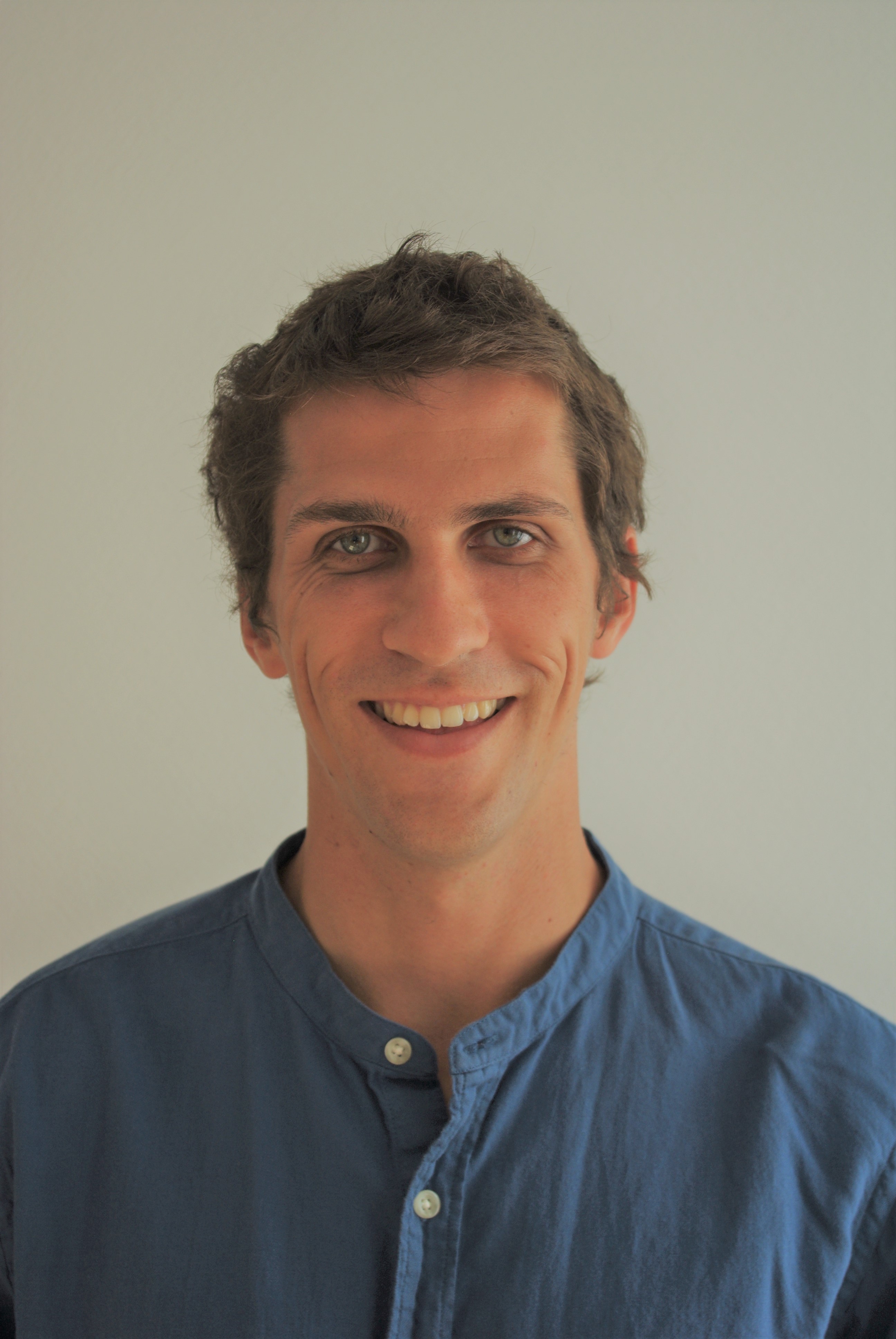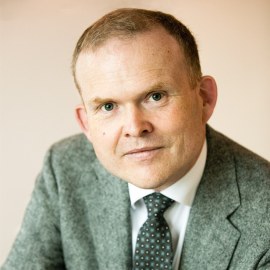Meet the Lecturers for Economics of Climate Change
Economics of Climate Change
 Carolyn Fischer is Research Manager of the Sustainability and Infrastructure Team in the Development Research Group of the World Bank. Her research addresses issues of technical change, trade, and emissions leakage in environmental policy instrument design. She was previously appointed professor of environmental economics at Vrije Universiteit Amsterdam, held the Canada 150 Research Chair in Climate Economics, Innovation and Policy at University of Ottawa, and was the Marks Visiting Professor at Gothenburg University. She enjoys research fellow affiliations with Resources for the Future and the CESifo Research Network. She has served on the boards of both the American and European Associations of Environmental and Resource Economists, as well as expert advisory councils for research institutes in Europe and in North America, and is co-editor of Environmental and Resource Economics. She earned her PhD in Economics from the University of Michigan, Ann Arbor.
Carolyn Fischer is Research Manager of the Sustainability and Infrastructure Team in the Development Research Group of the World Bank. Her research addresses issues of technical change, trade, and emissions leakage in environmental policy instrument design. She was previously appointed professor of environmental economics at Vrije Universiteit Amsterdam, held the Canada 150 Research Chair in Climate Economics, Innovation and Policy at University of Ottawa, and was the Marks Visiting Professor at Gothenburg University. She enjoys research fellow affiliations with Resources for the Future and the CESifo Research Network. She has served on the boards of both the American and European Associations of Environmental and Resource Economists, as well as expert advisory councils for research institutes in Europe and in North America, and is co-editor of Environmental and Resource Economics. She earned her PhD in Economics from the University of Michigan, Ann Arbor.

Thomas Douenne is Associate Professor of Economics at the University of Amsterdam, a Research Affiliate at the Centre for Economic Policy Research (CEPR), and a Research Fellow at the Tinbergen Institute (TI). He holds a PhD in Economics from the Paris School of Economics (PSE, 2020). His research lies at the intersection of public, environmental, and behavioral economics, with a focus on the political economy of climate policy, the distributional effects of energy taxation, and optimal climate policy design under market imperfections and inequality. His work draws on theory, empirical analysis, and survey experiments, and has been published in journals such as AEJ: Economic Policy, Nature Climate Change, and Nature Human Behaviour. He has received several awards and grants, including a Veni grant from the Dutch Research Council (NWO), the best PhD prize from the French Economic Association (AFSE) and from the European Association of Environmental and Resource Economists (EAERE), and the Erik Kempe Award for the best paper published in the field of environmental and resource economics.
 Steven Poelhekke is Professor of International Environmental Economics at the Vrije Universiteit Amsterdam. He is research fellow at CEPR and affiliated with the Tinbergen Institute, CESifo in Munich, and OxCarre in Oxford. He previously worked at the University of Auckland as Professor of Economics, Head of Department and director of the Energy Centre. He has also worked at the Dutch central bank. His research interests cover International Trade and Investment, and their intersections with Development and Environmental Economics. He has studied, among other topics: the local impact of mining on infrastructure and the tradeable sector, the persistence of foreign direct investment benefits for domestic firms in developing countries, and the effects of resource wealth and multinational banks on foreign direct investment. He is a Dutch national and holds a PhD from the European University Institute, Florence, Italy. He has published among others in the Review of Economics and Statistics, Journal of the European Economic Association, Journal of International Economics, Journal of Development Economics, and the Journal of Economic Growth. Columns and policy pieces have appeared on VoxEU.org, the LSE Business Review and Economisch Statistische Berichten.
Steven Poelhekke is Professor of International Environmental Economics at the Vrije Universiteit Amsterdam. He is research fellow at CEPR and affiliated with the Tinbergen Institute, CESifo in Munich, and OxCarre in Oxford. He previously worked at the University of Auckland as Professor of Economics, Head of Department and director of the Energy Centre. He has also worked at the Dutch central bank. His research interests cover International Trade and Investment, and their intersections with Development and Environmental Economics. He has studied, among other topics: the local impact of mining on infrastructure and the tradeable sector, the persistence of foreign direct investment benefits for domestic firms in developing countries, and the effects of resource wealth and multinational banks on foreign direct investment. He is a Dutch national and holds a PhD from the European University Institute, Florence, Italy. He has published among others in the Review of Economics and Statistics, Journal of the European Economic Association, Journal of International Economics, Journal of Development Economics, and the Journal of Economic Growth. Columns and policy pieces have appeared on VoxEU.org, the LSE Business Review and Economisch Statistische Berichten.
Gerard van der Meijden is Associate Professor of Environmental and Natural Resource Economics at the Vrije Universiteit Amsterdam. He is affiliated with the Tinbergen Institute and the CESifo Research Network. He holds a PhD from Tilburg University. He has been a visiting scholar at the IMF in Washington D.C. and McGill University in Montréal. He currently teaches courses in Environmental Economics at the bachelor and master level. His research interests are in natural resource economics, the economics of climate change, economic growth, technical change, and sustainability. He has done research on the green paradox, dynamic games applied to fossil fuel markets and the role of directed technical change for the energy transition. His work has been presented at international conferences and is published in leading scientific journals including the International Economic Review, the European Economic Review and the Journal of Environmental Economics and Management. He is also active in disseminating research to Dutch policymakers through publications in for example the KVS Preadviezen and Economisch Statistische Berichten.
 Florian Wagener is Associate Professor at the University of Amsterdam. He is affiliated with the Center for Economic Dynamics in Economics and Finance (CeNDEF), the Tinbergen Institute, and the CESifo Research Network. Having obtained a PhD in Mathematics at the University of Groningen, he was employed at Warwick University before taking up a position at CeNDEF. Next to his work in pure mathematics, Wagener specialises in the mathematical analysis of economic situations with a strong dynamical component. He has investigated the destabilising influence of option markets on stock prices, the effect of competition on process innovation, and the optimal management of natural resources, the precautionary principle, as well as the stability of international environmental agreements under the shadow of a possible climate catastrophe. He currently serves as the President of the International Society for Dynamic Games.
Florian Wagener is Associate Professor at the University of Amsterdam. He is affiliated with the Center for Economic Dynamics in Economics and Finance (CeNDEF), the Tinbergen Institute, and the CESifo Research Network. Having obtained a PhD in Mathematics at the University of Groningen, he was employed at Warwick University before taking up a position at CeNDEF. Next to his work in pure mathematics, Wagener specialises in the mathematical analysis of economic situations with a strong dynamical component. He has investigated the destabilising influence of option markets on stock prices, the effect of competition on process innovation, and the optimal management of natural resources, the precautionary principle, as well as the stability of international environmental agreements under the shadow of a possible climate catastrophe. He currently serves as the President of the International Society for Dynamic Games.
Contact
Summerschool
